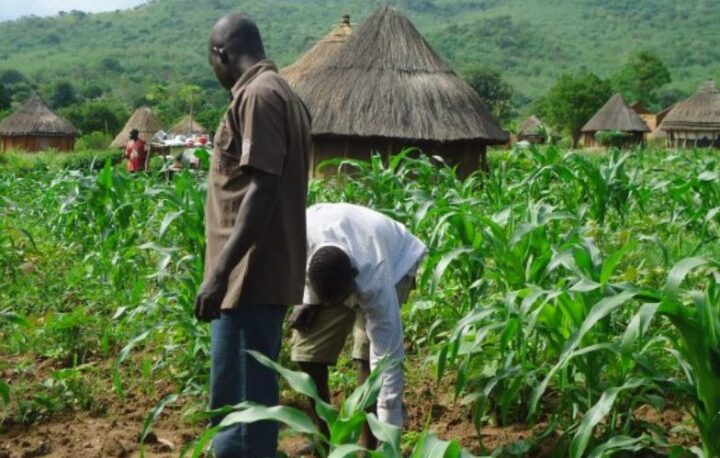Mansur Matazu, director-general of the Nigerian Meteorological Agency (NiMet), says the agency will partner the UN Food and Agriculture Organisation (FAO) to provide weather information for improved agricultural productivity and food security in the country.
He said this in a statement issued in Abuja, on Sunday by Muntari Ibrahim, the agency’s managing director of corporate communications.
In its seasonal climate predictions (SCP) report released in February, the agency had projected that there would be a dry spell in some parts of the country, especially in the northern region in June.
The NiMet DG said the agency will continually work with FAO and other partners to promote the use of climate information in agricultural planning and decision making for improved food production.
Advertisement
“NiMet is committed to continuous monitoring of developing weather patterns in order to update its partners about observed changes, especially in areas that churn out large output of food, as failure to do this would impact negatively on food security,” Matazu said.
“For example, projected spikes in temperature, changes in rainfall patterns and increase in extreme weather events can lead to reduction in water availability, these may result in reduced agricultural productivity and trigger off subsequent threats to food security.
“NiMet has earlier predicted that seven northern states will experience severe dry spells in June. It, however, noted that by July and August, the dry spell would have improved and the affected states would experience above normal rainfall.”
Advertisement
Matazu said different sectors of the economy need to consider weather information in their plans to reduce multiplier negative impacts.
According to him, weather plays an important role in agriculture, because it dictates incidences of pests and diseases, water needs and fertilizer requirements which affects harvest output.
Sworo Yopesi, the emergency and resilience programme specialist of FAO, said the observation of the dry spell necessitated the partnership with NiMet in order to synergise and arrive at a collective solution that can lead to timely dissemination of weather alerts to the affected regions.
“This is to mitigate the negative impact of weather on agriculture to improve food security in the country,” he said.
Advertisement
Add a comment






